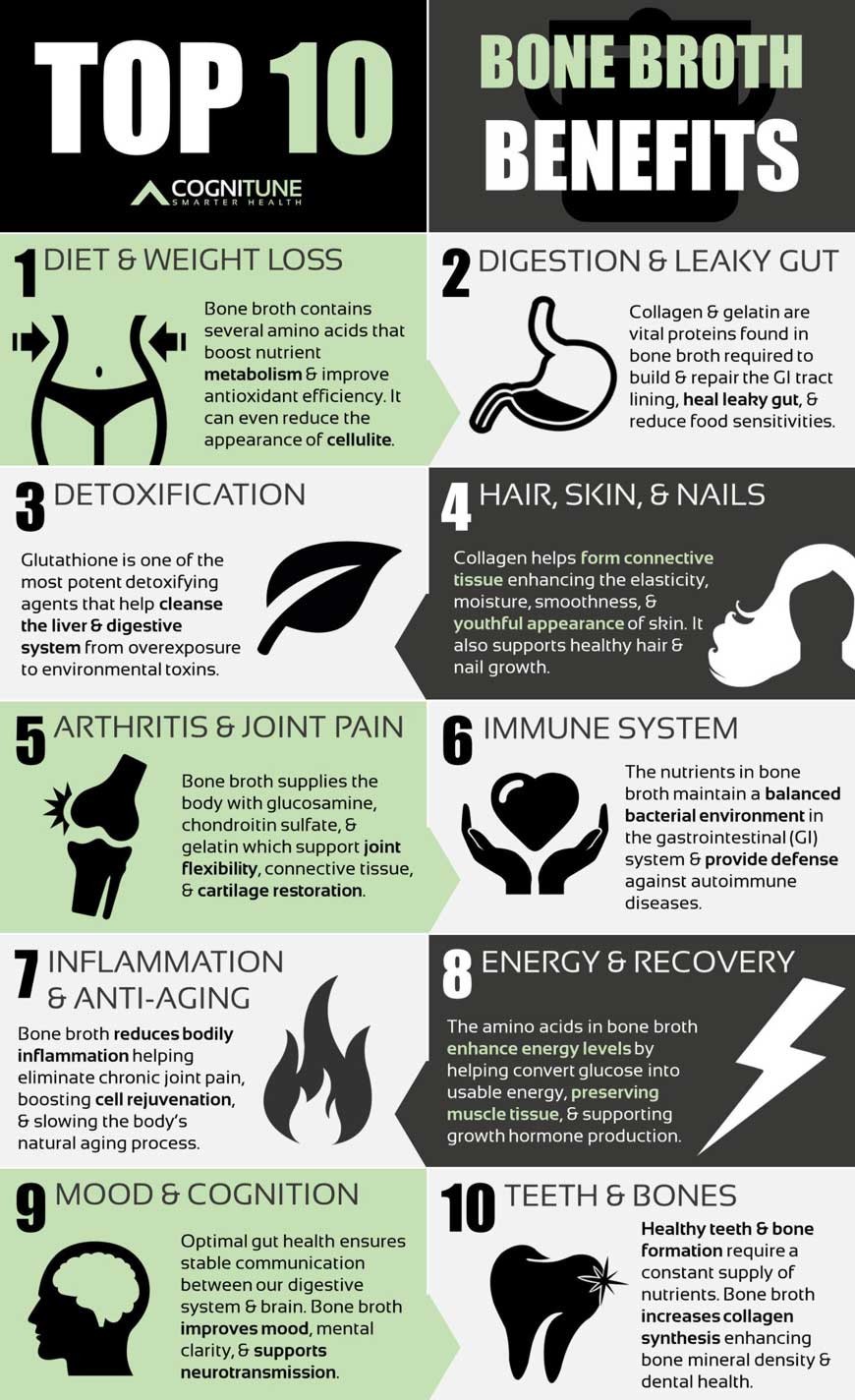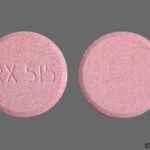
Contents
- 1 Are Chicken Broth and Chicken Bouillon the Same? Health Benefits and Uses
Are Chicken Broth and Chicken Bouillon the Same? Health Benefits and Uses
Chicken broth and chicken bouillon are typically interchangeable in a recipe, but there are certain differences between the two. Health benefits may include shorter colds and a good dose of vitamins and minerals.
While chicken broth and chicken bouillon are typically interchangeable in a recipe, there are certain differences between the two. Each offer slightly different nutritional profiles and health benefits.
Chicken broth, chicken bouillon, and chicken stock are all used as bases for soups and stews or as added flavor in other recipes. The main difference between them is how they’re prepared.
Chicken stock
Chicken stock typically has the most intense flavor since it’s made by slowly simmering raw or roasted chicken bones for up to 8 hours. As the bones stew, they release gelatin, creating a stock that’s full of body and deep flavors.
Chicken broth
Chicken broth is made by stewing the meat of the bird instead of its bones. Since the meat doesn’t release gelatin, the final broth usually has a less intense flavor than stock.
Chicken bouillon
Chicken bouillon is typically bought and made by removing the water from chicken broth, leaving all the flavor of the broth without the volume. Bouillon is typically sold as a loose powder or compact cube, which can be redissolved in boiling water to create an instant broth.
Shelf stability
One benefit of using chicken bouillon is its shelf stability. It can last for months, making it a convenient staple. Meanwhile, chicken broth, whether homemade or store-bought, should be used within a few days.
Chicken broth and chicken bouillon nutrition
Although chicken broth and chicken bouillon are easily interchangeable in recipes, they do differ nutritionally. Homemade chicken broth slightly edges out chicken bouillon as the healthier choice.
Chicken broth nutrition
According to the U.S. Department of Agriculture (USDA), one cup of homemade chicken broth contains roughly:
- 86 calories
- 6 grams of protein
- 3 grams of fat
- 8.5 grams of carbohydrates
Chicken broth also contains small amounts of essential minerals such as calcium, magnesium, iron, potassium, and phosphorus.
On average, homemade broth contains around 340 milligrams of sodium, although that can vary depending on how much salt is added during cooking.
It’s important to note that store-bought chicken broth will likely contain higher amounts of sodium.
Chicken bouillon nutrition
Compared to homemade chicken broth, chicken bouillon contains fewer calories, protein, and essential minerals. One cup of chicken bouillon has about:
- 14 calories
- 1.5 grams of protein
- 0.2 grams of fat
- 0.4 grams of carbohydrates
A major difference is their sodium content. Regular chicken bouillon can contain as much as 890 milligrams of sodium, nearly three times the amount found in homemade broth and nearly half of the recommended daily value.
If sodium intake is a concern, there are low-sodium varieties of chicken bouillon and store-bought chicken broth available. Check the nutrition label for low-sodium or sodium-free options.
Health benefits of chicken broth and chicken bouillon
Although chicken broth and chicken bouillon have slightly different nutritional profiles, they both provide some health benefits, especially when used as the base for a warm soup.
May reduce cold symptoms
A 1978 study found that drinking chicken soup helped to clear nasal cavities faster than drinking cold or hot water. A more recent study suggests that chicken soup may help alleviate the stuffy nose that comes with a cold.
Provides essential minerals and protein
Chicken broth contains small amounts of essential minerals and some protein. While bone broth hasn’t been proven to be a miracle food, it is generally delicious and safe to consume.
Are there any health concerns when using chicken broth and chicken bouillon?
There are some health benefits to consuming chicken broth and chicken bouillon but there are a couple of things to be aware of before using them.
High in sodium
Chicken bouillon and store-bought chicken broths are high in sodium. Diets that are consistently high in sodium can lead to high blood pressure. To reduce your sodium intake, choose low-sodium options when purchasing and dilute high sodium bouillon with more water when using.
May contain MSG
Some chicken bouillons contain monosodium glutamate (MSG). While MSG is safe when consumed in suggested serving sizes, it may cause negative reactions in large doses.
QUESTION
Uses of chicken broth and chicken bouillon
Chicken broth and chicken bouillon are both good choices as the base of a meal, particularly when you’re sick. Use either broth or bouillon to make a variety of delicious dishes, such as chicken noodle soup, ramen noodles, or veggie-forward soups like minestrone.
If your recipe calls for chicken broth but you only have chicken bouillon, using chicken bouillon instead won’t make a huge difference in taste.
Chicken broth and chicken bouillon aren’t just for soups. They’re also great additions to dishes that benefit from a richer flavor, such as creamy risotto or masa for tamales. Chicken bouillon can also be used as an additional seasoning.
Enjoying chicken broth and chicken bouillon
Chicken broth and chicken bouillon provide modest health benefits and are excellent bases for a variety of delicious meals. Chicken soup is particularly helpful for relieving congestion when you have a cold. Look for low-sodium options or make broth at home to control sodium levels.
Bon Appetit: "What Tastes Better: Boxed Stock or Better Than Bouillon?"
Chest: "Chicken soup inhibits neutrophil chemotaxis in vitro," "Effects of Drinking Hot Water, Cold Water, and Chicken Soup on Nasal Mucus Velocity and Nasal Airflow Resistance."
Food and Drug Administration: "Questions and Answers on Monosodium glutamate (MSG)," "Sodium in Your Diet: Use the Nutrition Facts Label and Reduce Your Intake."
Food & Wine: "The Difference Between Stock and Broth."
Food Network: "Broth vs. Stock: What’s the Difference?"
Harvard T. H. Chan School of Public Health: "Collagen."
International Journal of Sport Nutrition and Exercise Metabolism: "Bone Broth Unlikely to Provide Reliable Concentrations of Collagen Precursors Compared With Supplemental Sources of Collagen Used in Collagen Research."
National Cancer Institute: "Neutrophil."
The New York Times: "Chicken Stock."
U.S. Department of Agriculture: "Chicken or turkey broth, bouillon, or consomme," "Chicken or turkey broth, without tomato, home recipe."
U.S. Department of Agriculture: "Chicken or turkey broth, bouillon, or consomme," "Chicken or turkey broth, without tomato, home recipe."


